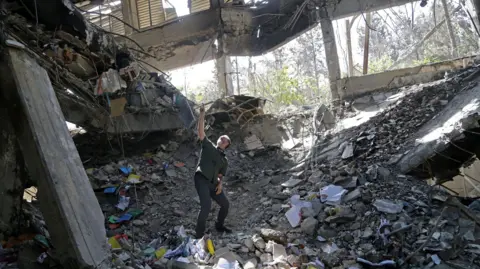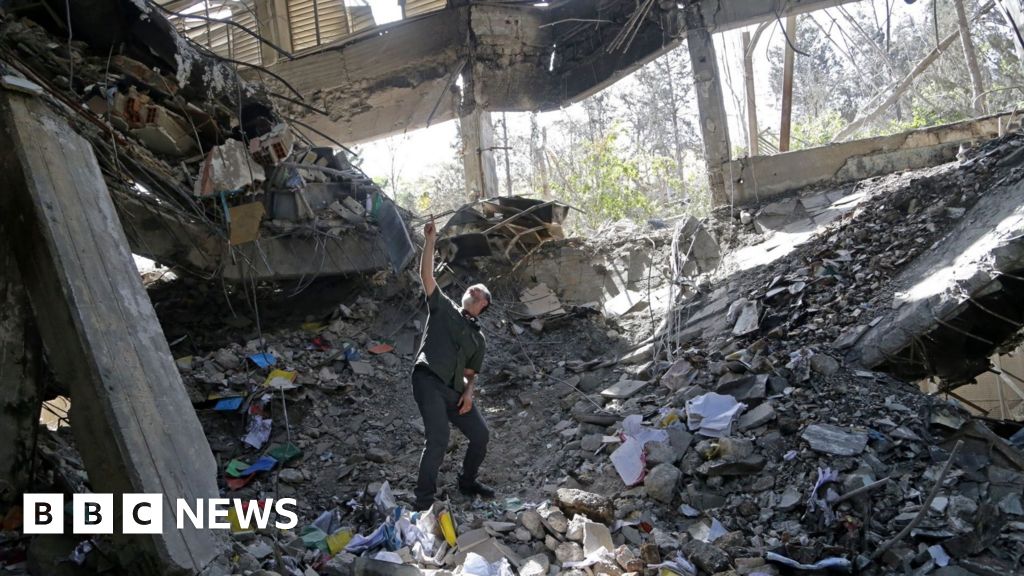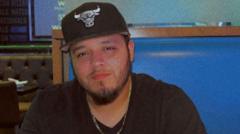In the recently released Human Rights Watch report, it has come to light that the mass arrests conducted during President Nayib Bukele's anti-gang campaign have been marred by serious allegations of misconduct and injustice. As many as 80,000 people have been detained under the regime's significant crackdown since a state of emergency was declared in 2022. Disturbing claims from both the families of detainees and a growing number of police officers now suggest that many were arrested based on mere neighborhood rumors or innocuous tattoos.
These officers, speaking on condition of anonymity, described a high-pressure environment where they were compelled to meet certain arrest quotas. This pressure, they state, often resulted in arbitrary detentions that lacked sufficient evidence. While Bukele has championed these efforts as having transformed El Salvador from one of the most violent countries to a relatively safe locale, the ethical implications of such tactics are raising alarm.
The fear of being perceived as accomplices to gangs further exacerbated the situation for police officers, many of whom felt they had no choice but to comply with these quotas to protect their own jobs. This revelation highlights a troubling reality where the fight against crime might be inadvertently fostering a cycle of injustice and fear, undercutting the foundational principles of law enforcement and human rights.
As these accounts emerge, the question looms: at what cost does safety come when the justice system itself is compromised? The delicate balance between maintaining civil liberties and ensuring public safety remains a pivotal conversation in El Salvador and beyond.



















